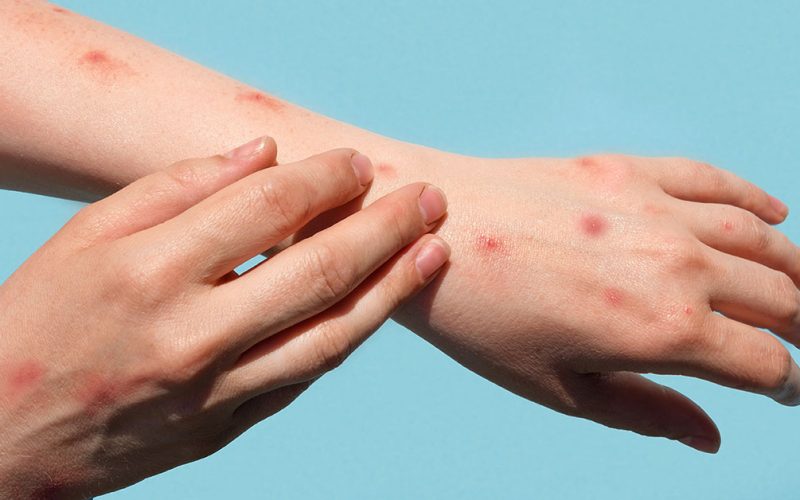Introduction
Hey everyone, Dr. Sarah Lee here. As a public health physician with over 15 years of experience in infectious diseases, I’m here to talk about a concerning trend: the potential resurgence of mpox, formerly known as monkeypox. The Centers for Disease Control and Prevention (CDC) has recently issued a warning about a possible summer surge in cases, and I want to make sure everyone has the information they need to stay safe.
What is Mpox?
Mpox is a viral illness that can cause flu-like symptoms and a rash with blisters. While it can be serious, most people recover fully within a few weeks. The virus spreads through close contact with an infected person or their belongings, including bodily fluids, lesions, and contaminated objects.
Recent Rise in Mpox Cases: Understanding the Cause
The recent increase in mpox cases is a cause for concern. A cluster of cases in Chicago, combined with a general decline in public health vigilance, is raising red flags. Public health experts believe that gatherings and increased social interaction during the summer months could further accelerate transmission, particularly among gay and bisexual men.
Who is Most at Risk?
Anyone can contract mpox, but certain groups are at higher risk, including:
- People who have had close contact with an infected person
- Men who have sex with men (MSM)
- People with weakened immune systems

Informative Table:
| Risk Factor | Description |
|---|---|
| Close Contact with Infected Person | Includes skin-to-skin contact, sharing contaminated objects, or sexual contact |
| MSM Community | Higher risk due to potential for skin-to-skin contact during sexual activity |
| Weakened Immune Systems | Makes individuals more susceptible to severe illness |
Mpox Transmission: Protecting Yourself
Here are some key steps you can take to reduce your risk of contracting mpox:
- Avoid close contact with people who are sick: This includes people with a rash that could be mpox.
- Practice good hand hygiene: Wash your hands frequently with soap and water, especially after being in public places or around someone who is sick.
- Avoid contact with contaminated objects: Don’t share personal items like towels, clothing, or bedding with someone who is sick.
- Be aware of your sexual health: Talk to your doctor about safer sex practices to reduce your risk of sexually transmitted infections.
Vaccination: Your Best Defense Against Mpox
There is a vaccine available to help prevent mpox infection. Getting vaccinated is the most effective way to protect yourself from the virus. The Jynneos vaccine is a two-dose series, and it’s recommended for certain high-risk individuals. Talk to your doctor to see if you qualify for vaccination.
Summer Events and Mpox: How to Stay Safe
With summer approaching and social gatherings increasing, it’s important to be extra vigilant about protecting yourself from mpox. Here are some tips:
- Be aware of your surroundings: If you’re attending an event, be mindful of crowded spaces and maintain a safe distance from others.
- Practice good hygiene: Wash your hands frequently and avoid sharing personal items.
- Be aware of symptoms: If you experience any flu-like symptoms or a rash, stay home and get tested for mpox.
Resources and Support
If you have any questions or concerns about mpox, please reach out to your healthcare provider or visit the CDC website for reliable information: https://www.cdc.gov/poxvirus/mpox/index.html
Let’s work together to stay informed and take steps to prevent the spread of mpox this summer. By following these simple tips and getting vaccinated if you’re eligible, we can all play a role in protecting ourselves and our communities.










